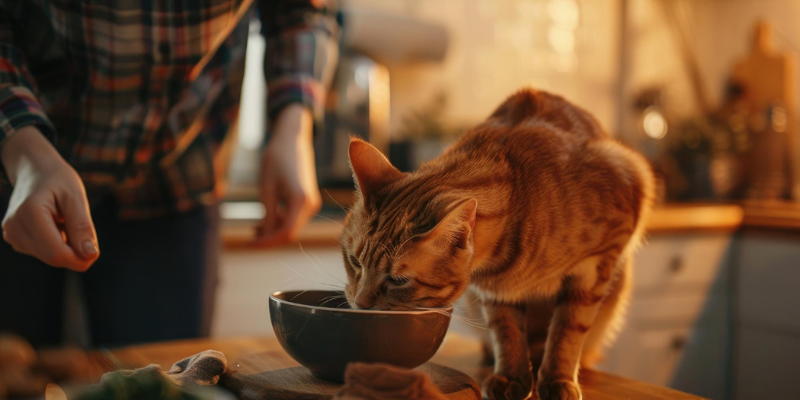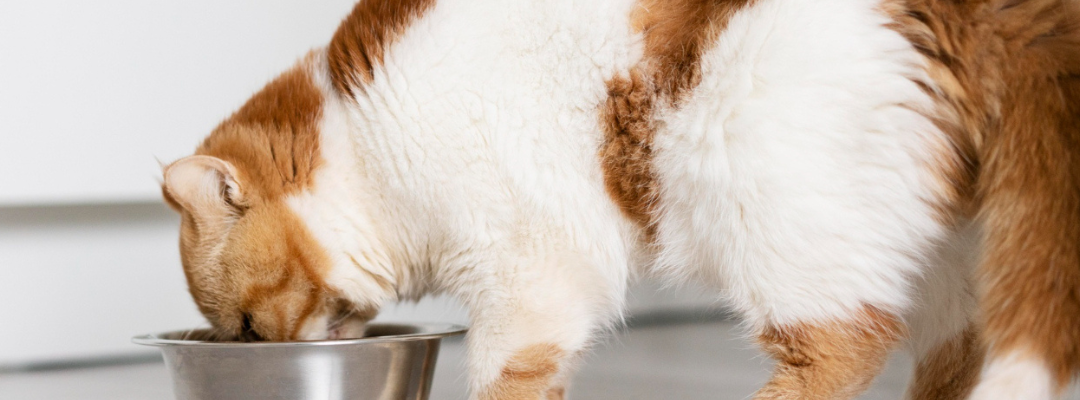Everyone knows that cats can be unpredictable animals that seem to like to mystify their owners. One of the most common questions cat owners have is, ‘what do cats eat veg?’ Such a question might appear simple, but its answer includes many facets that are worth addressing.
What Do Cats Eat? A Carnivorous Craving
Cats are true carnivores, which signifies that their bodies are geared to sustaining themselves off meat alone. This implies that it is imperative to feed this group of people lots of proteins to improve their health standards. However, like other aspects of commercial cat foods, these nutritional needs are also provided for, and many owners may be wondering if there are more available alternatives.
Can cats eat vegetables? Although cat foods occasionally contain tiny proportions of vegetables as vitamin and mineral supplements, these are only supplements and not the main food source for cats. Cats are strictly carnivores; unfortunately, they lack efficiency when digesting plant-based material, let alone meat.
What Do Cats Eat in India?
There has been a variety of commercial cat foods within the Indian market, and therefore, it is easier for cat owners to feed these cats a balanced diet. However, there is a trend towards the use of homemade food for cats. Although it is quite easy to feed your cat fresh food that you cook at home, it is always wise to consult a vet to check that the diet that the cat is on is sufficient for all the nutrient needs of the animal.
Homemade Food for Cats: A Delicate Balance

When searching for homemade food for your cat, you should take time to study its nutritional requirements. Protein, fat, carbohydrates, vitamins, and minerals should be incorporated into the diet system in the right proportions. Even though you may think it is normal to feed your cat from your plate, most of the foods you eat are not good for the cat or may even be poisonous.
What Food Do Cats Eat? Commercial vs. Homemade
There are commercially available cat foods made by specialists and designed to be a full and balanced diet. These are dry, kibble, wet, or canned food diets and raw food diets. Dry kibble is easily accessible and makes feeding easy, but it contains significantly less moisture than wet food, which tastes delicious to cats and provides moisture to the feline’s body. Raw diets are not easy to prepare and, if not prepared and served as they should, can lead to serious health complications.
When selecting commercial cat food, ensure that you use brands with quality ingredients. Do not include foods with too many additives or fillers. If you prefer cooked or raw food, feed your cat under a vet’s supervision and devise a feeding plan.
What Do Cats Eat and Drink? Hydration is Key
Like food, your cat needs water to be well-nourished and always healthy. Water should be clean and fresh, and it should be provided continuously. It is also important to know that some cats like drinking water that is running, and in this case, you should consider a fountain. Even though cat owners can associate milk with their pets, most cats are lactose intolerant in adulthood. Cow’s milk is unhealthy for your cat, so it is advisable not to feed it to it.
Can Cats Eat Bread?
Cats cannot eat bread, and it is important not to feed our cats with such products. They do not get the nutrients they require, and sufficing on such foods can cause stomach upsets. Despite the somewhat curious attitude that can be observed in some cat breeds toward bread, it is inadvisable to share it with your pet.
Feeding Times: Establishing a Routine
Feeding time intervals regulate the cat’s feeding schedule to avoid overeating and promote proper digestion. In other words, the feeding frequency varies with the cat’s age, weight, and activity level. Compared to adult cats, kittens will need food more often because kittens are more active during their early months.
There are also feeder sterilization techniques, where food is constantly available for pets, which can cause obesity. A cat should ideally be fed twice daily, which means that it must eat at least twice a day. However, certain changes are possible depending on the cat’s appetite and other characteristics.
It is important to understand that all cats are different and may have different nutritional needs. However, if you are concerned about your cat’s diet, it is advised that you seek a professional opinion from your vet. To be precise, a proper diet balanced appropriately will ensure that your kitty lives a long, healthy life.

